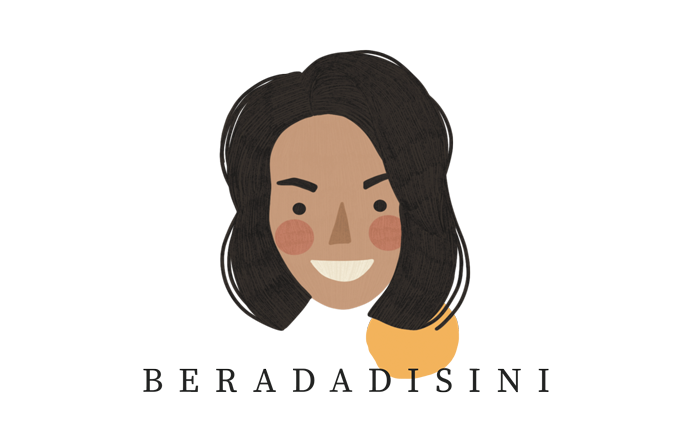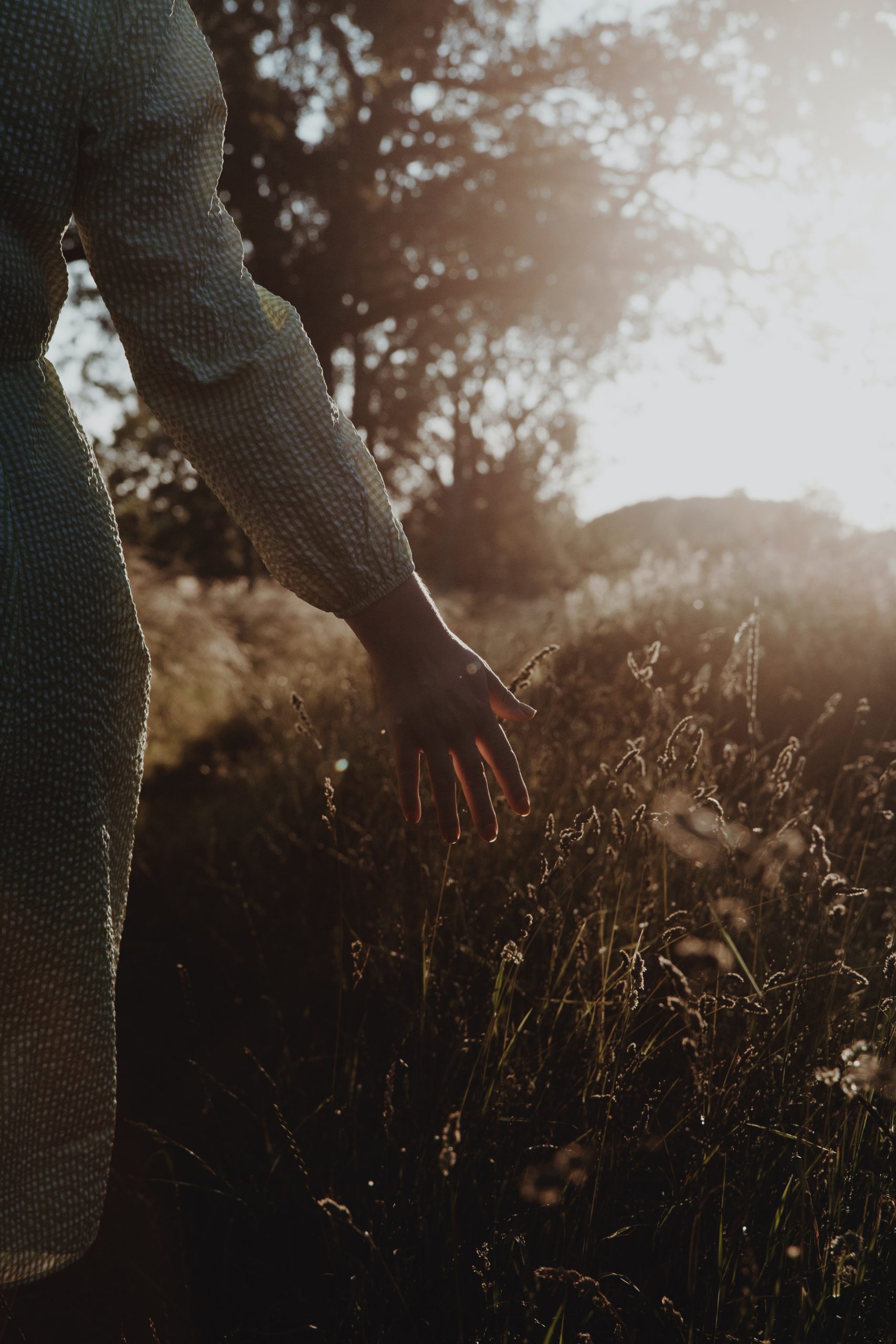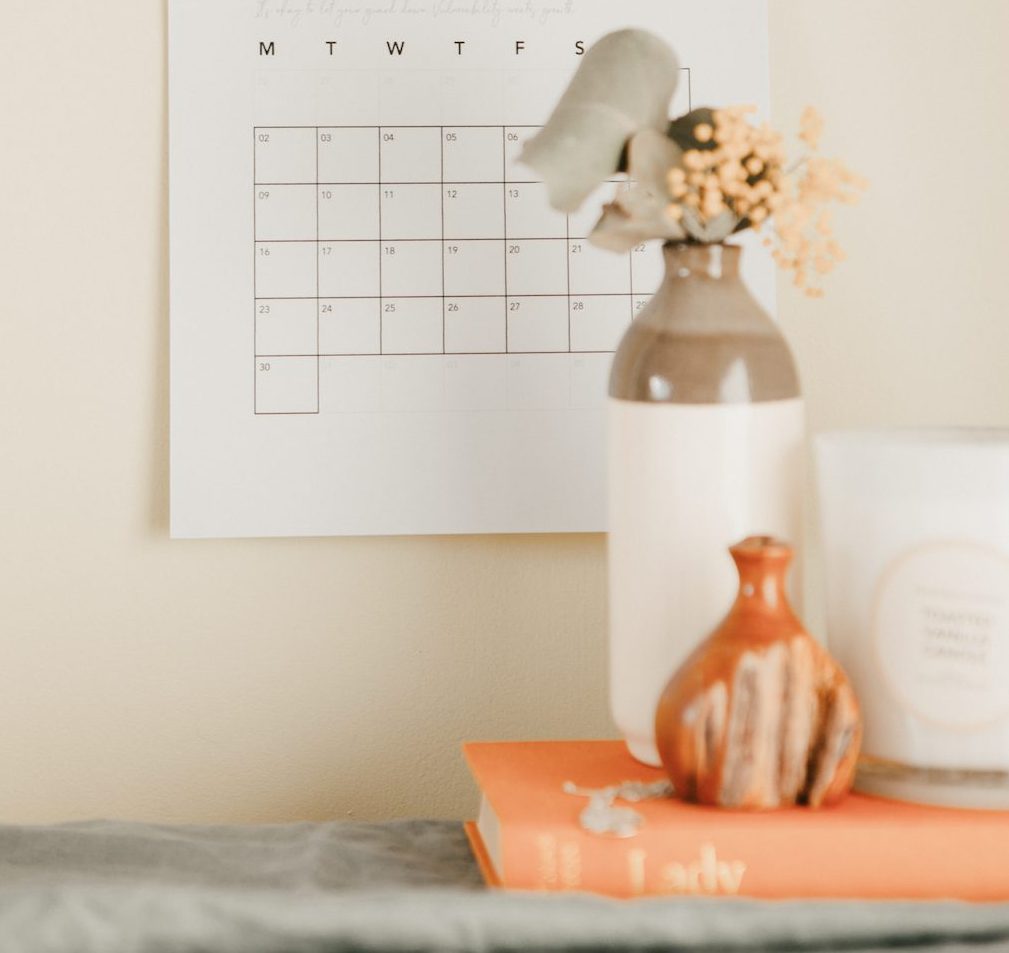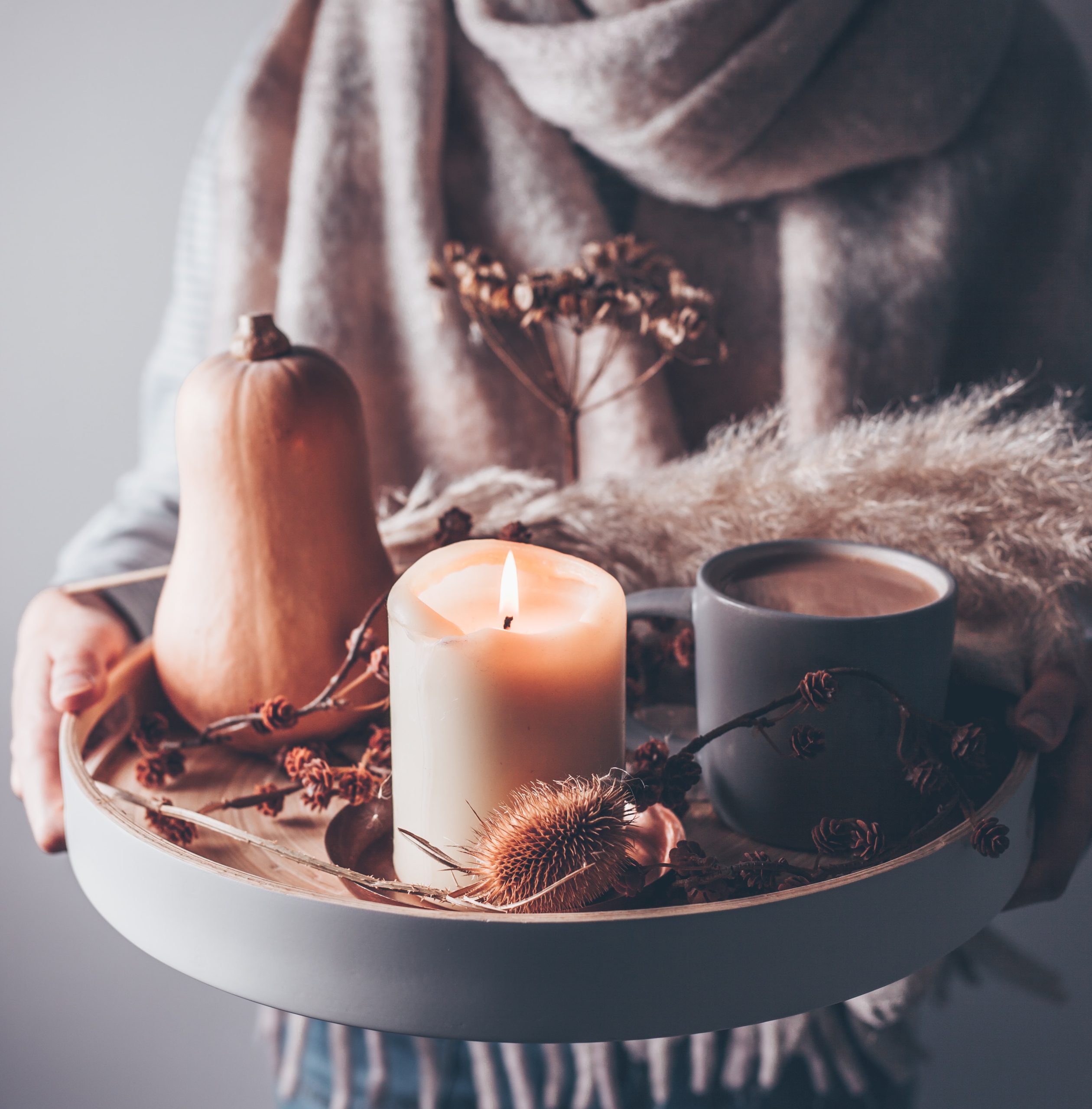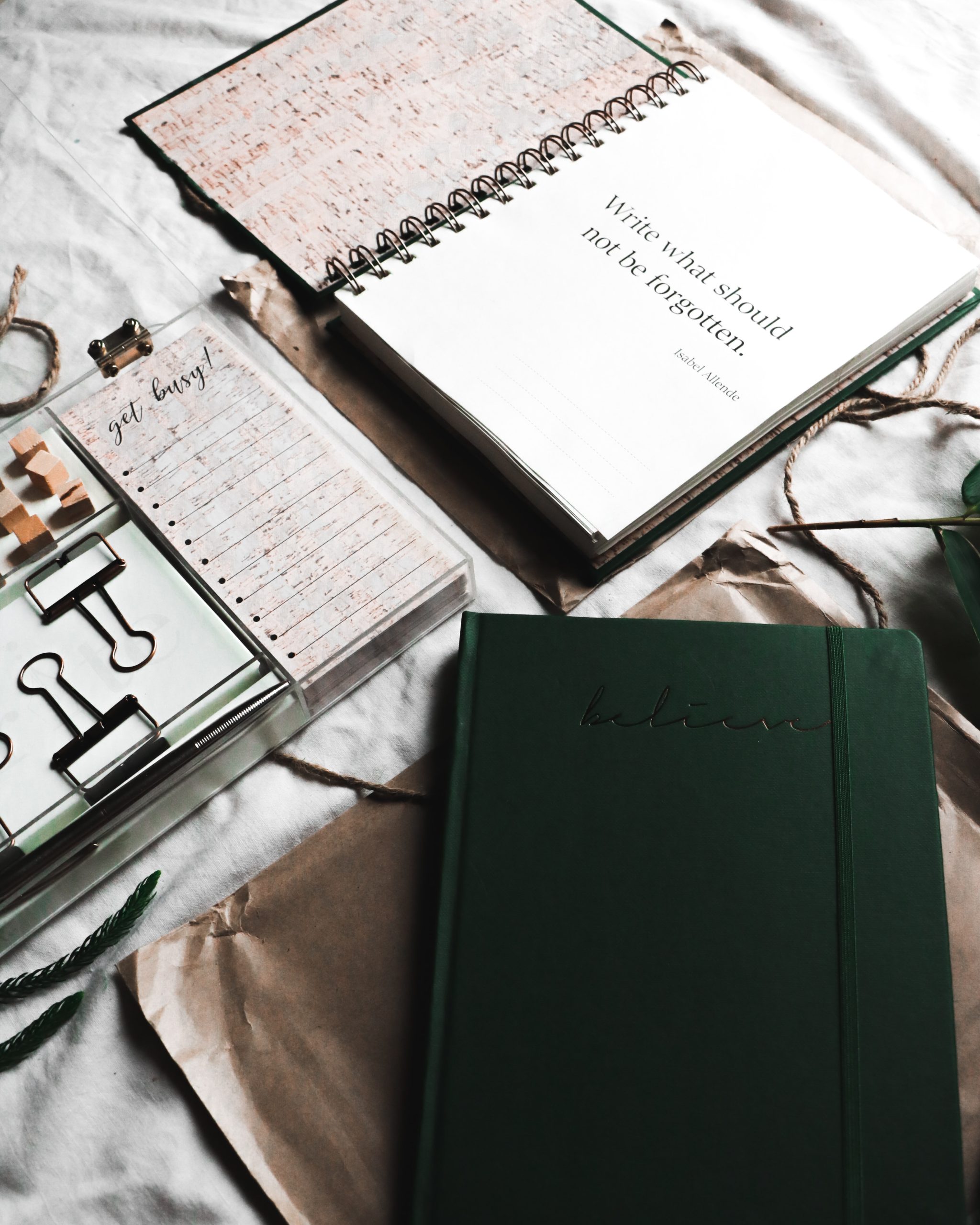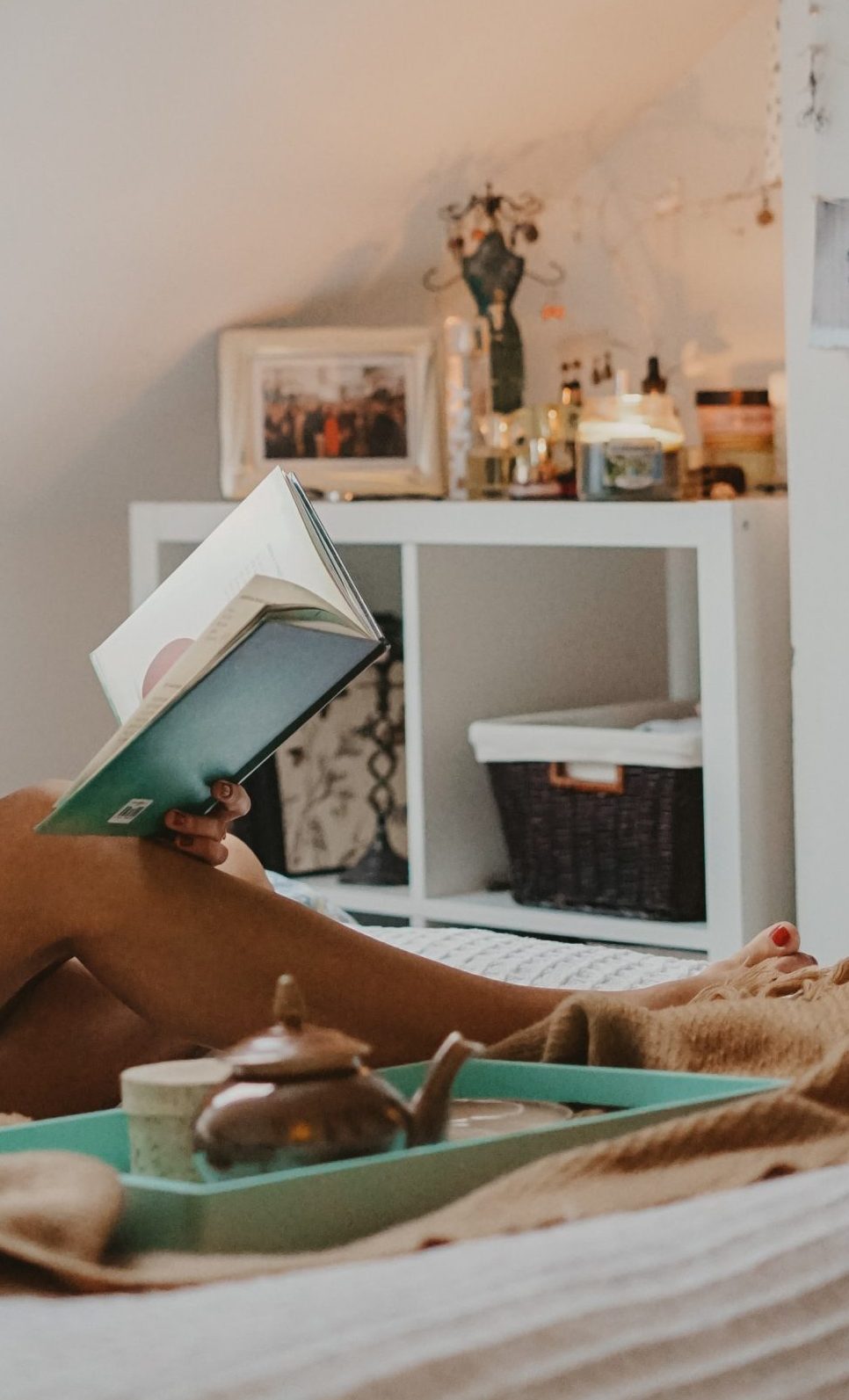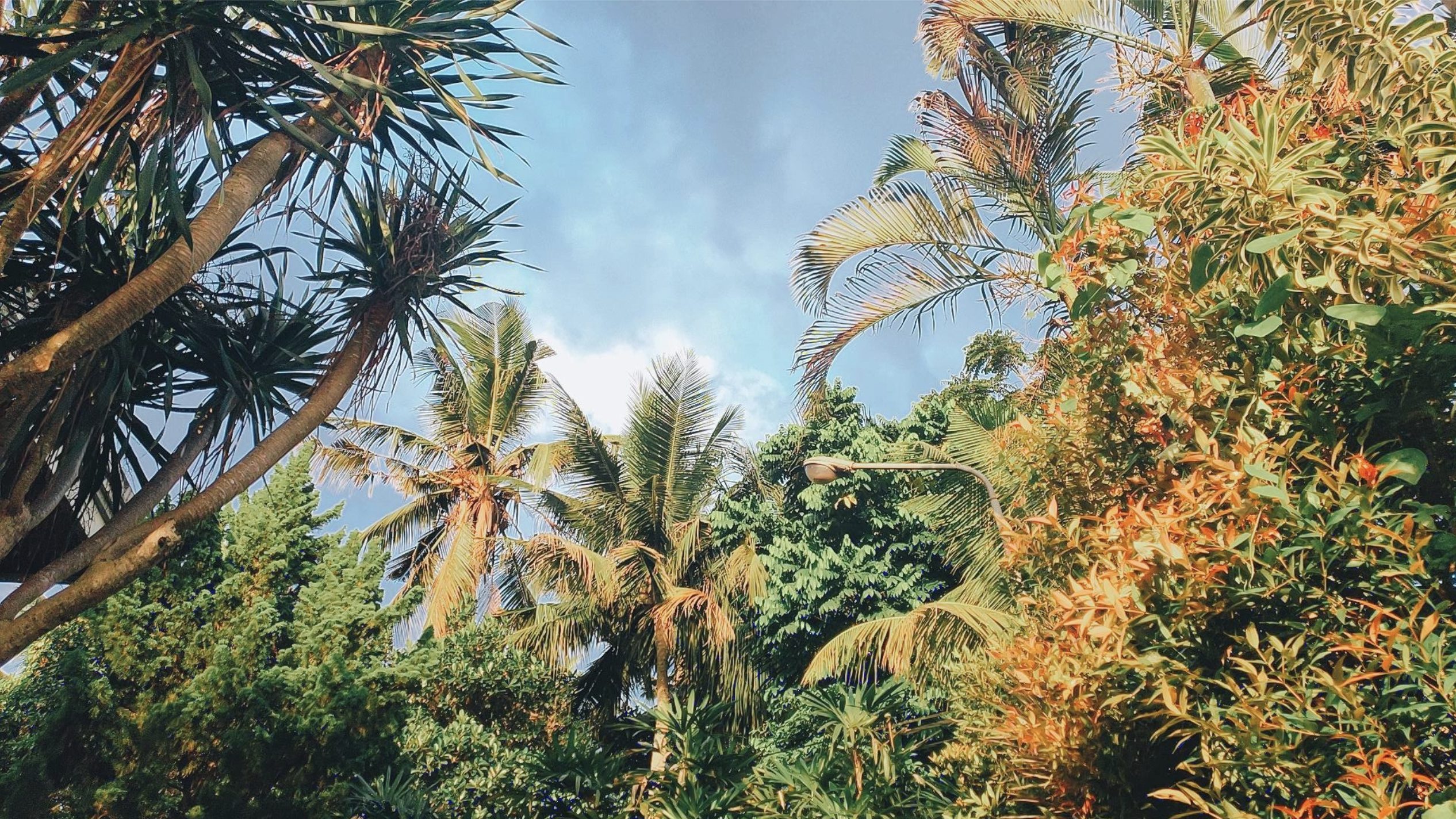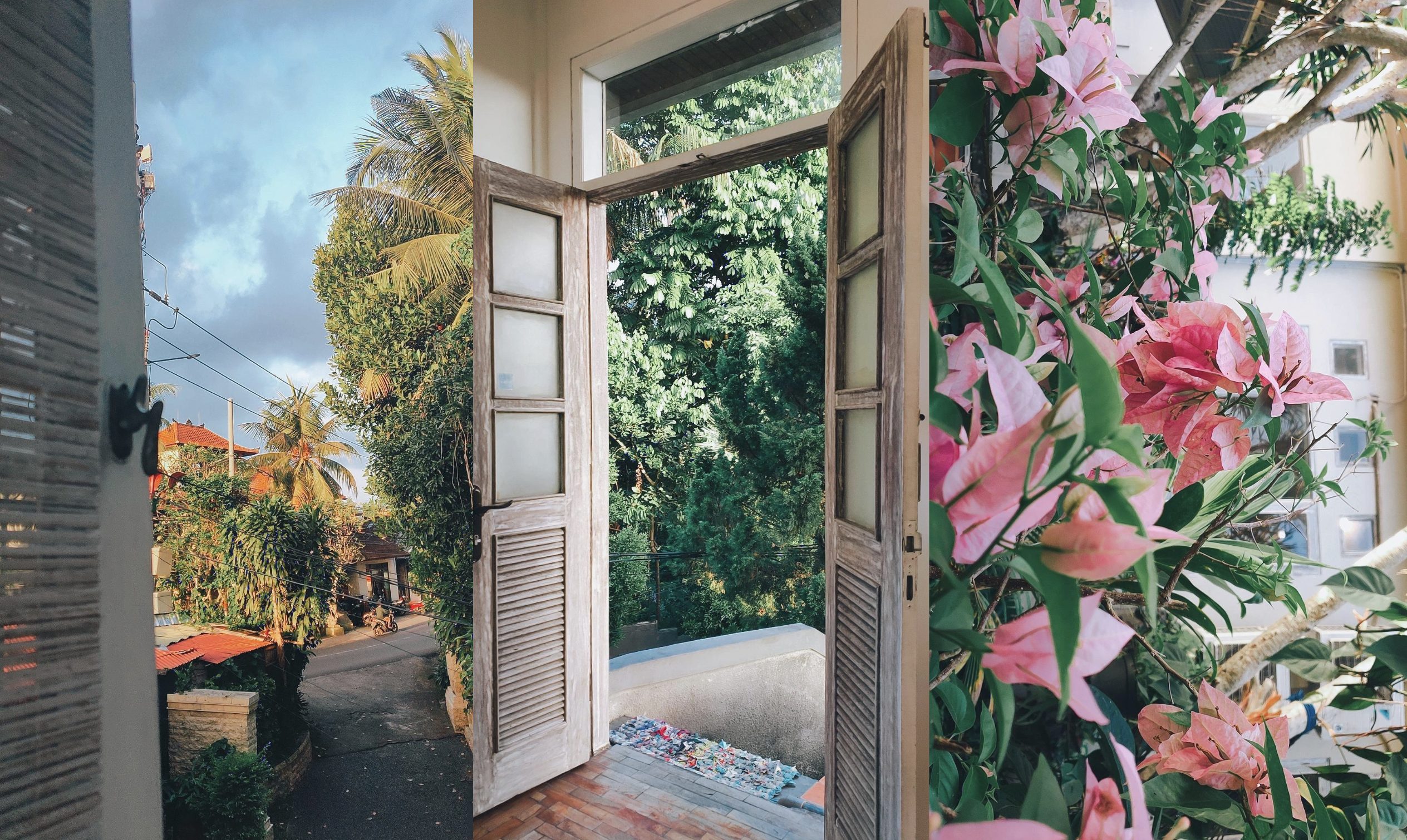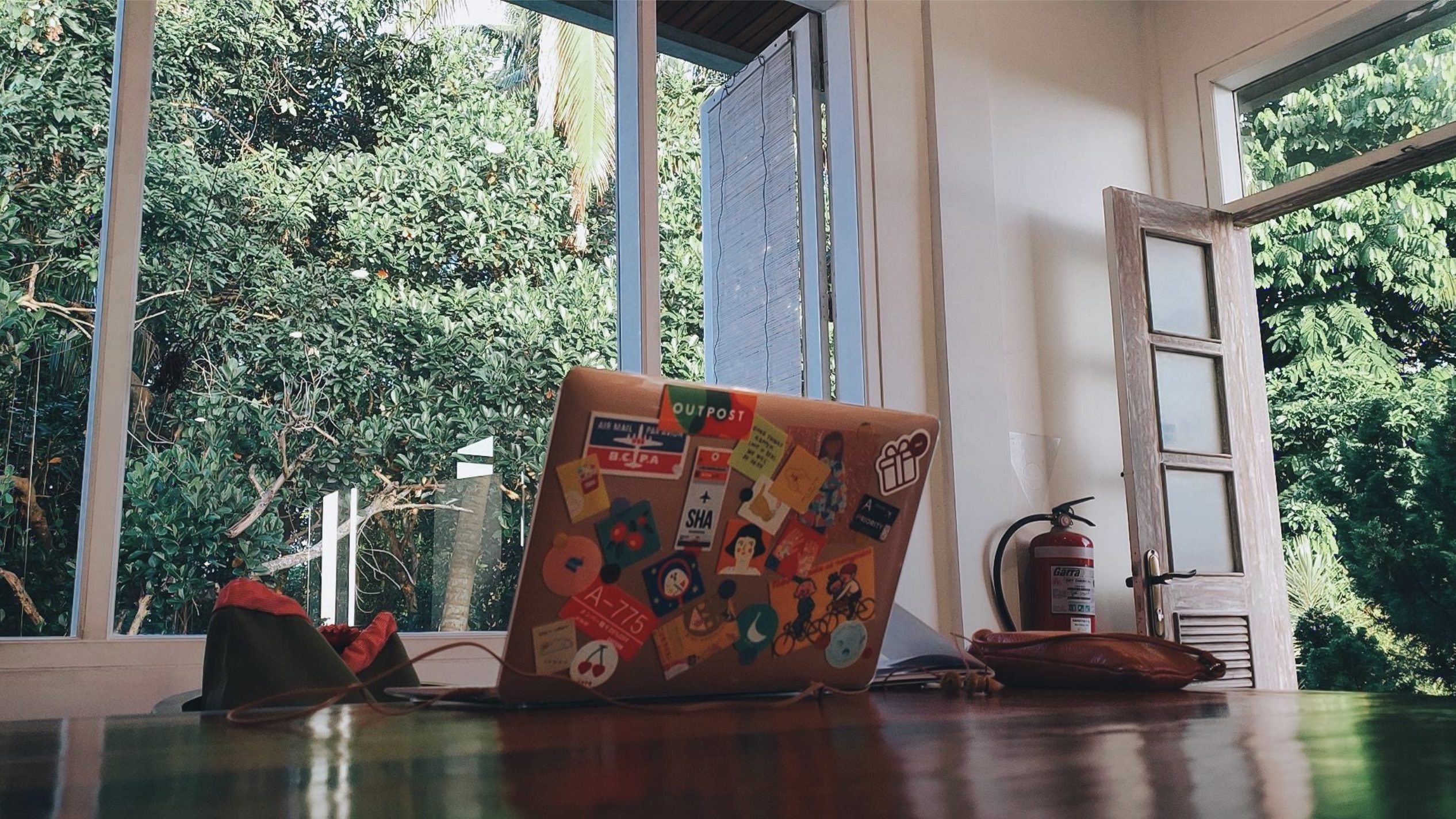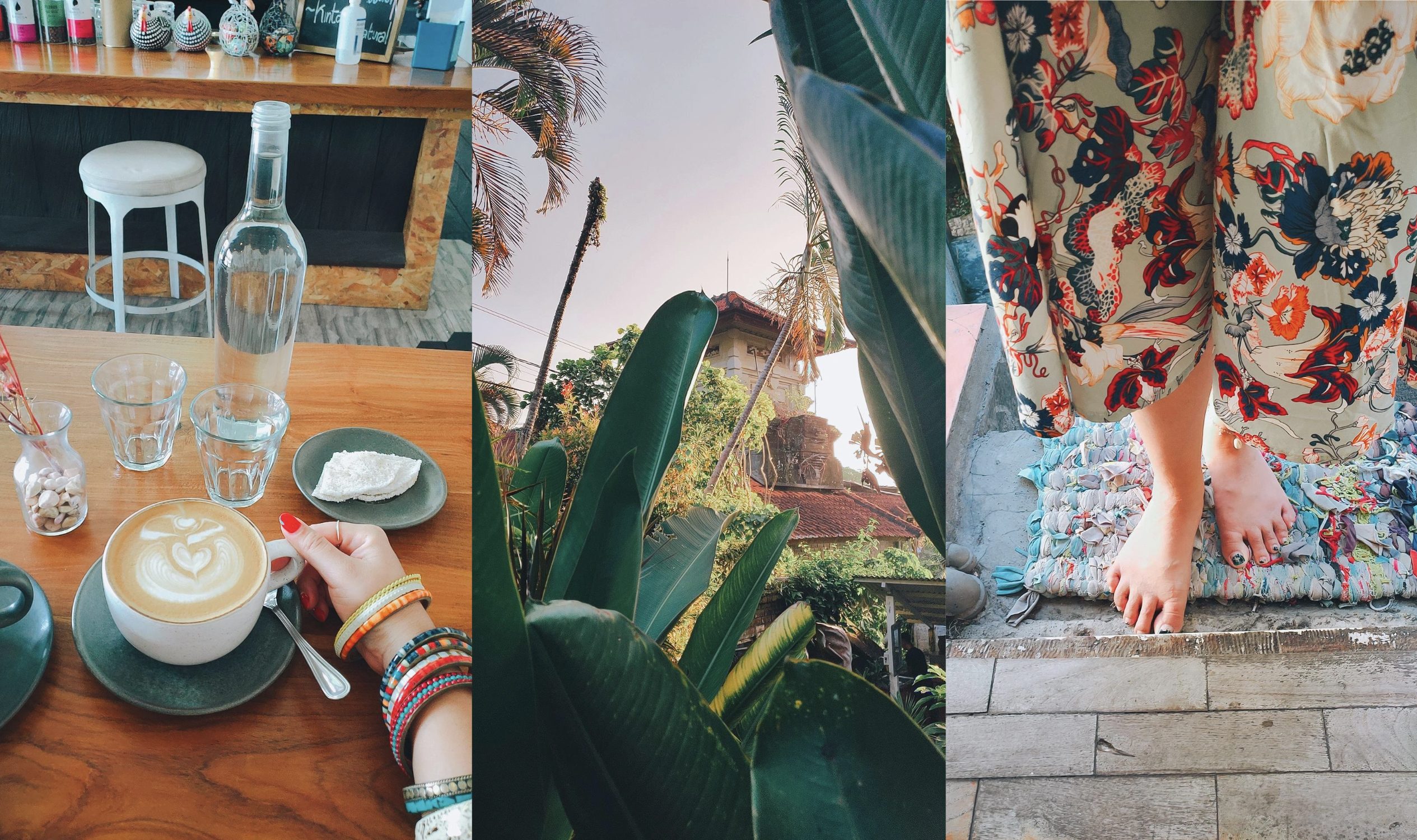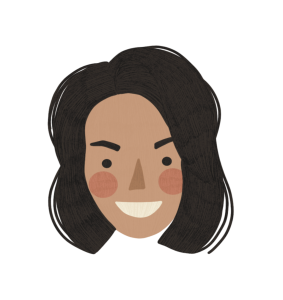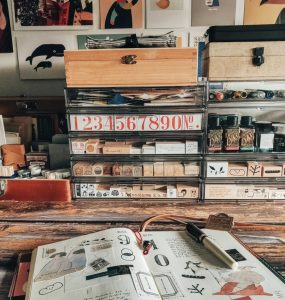I think most of us are naturally excited about the idea of anything new. It’s shiny. It’s fresh. It’s a new beginning, a clean slate. We’re in love with opportunities, possibilities, things that have yet to materialize. A dream, a hope, a longing for something in the future. We always prepare ourselves best for our next hello, but I think we’re not so good at preparing ourselves to say goodbye.
Maybe because anything ‘old’ doesn’t seem that inviting, that promising, that exciting. It represents everything that has happened, the known, things that we couldn’t change. But I believe the ‘old’—as are goodbyes, has its own charm. I look at it like a family trinket, an antique shop, a vintage market. There are precious things in there, attracting you and your eyes only—if only you know where to look. Things that can be appreciated only by you and may look utterly useless to anyone else.
So while the world is already abuzz with New Year planning and excitement, here I am: reminiscing the old, another year that has passed.
Before thinking about the ‘next’ year, I usually take the time to think about ‘this’ year. I feel the need to close this year officially, which in an office setting may resemble an annual report. I feel like I need to give proper respect to this year and the old me. Because to know what to do ‘later on’, I need to understand what ‘now’ is like—and what ‘yesterday’ had been. Only then can I feel more capable of making an informed decision for planning my upcoming year.
Here are some journaling prompts I use to reflect on my year and to wrap it up with awareness, mindfulness, appreciation, and gratitude:
1.
What are some of the beautiful memories/moments from this year that I’d like to keep and cherish?
2.
Who are the people that are present in my life, who have helped, supported, and challenged me so I can grow into myself even more?
3.
What are some of the obstacles/difficult situations I have overcome this year?
4.
In which way have I been treating myself more lovingly and respectfully this year?
5.
What are some of the things I’ve learned this year—whether it’s something practical or something philosophical?
6.
Which areas of my life are doing pretty well this year? Which areas aren’t? Why?
7.
Looking back, what are the things I’d like to do less and the things I’d like to do more?
8.
If I could sum up my 2022 in one word, what would it be? What seems to be the central theme of my 2022?
I believe the ‘old’ can give us a lot to think about. What are our patterns? What has failed and why? Are we repeating the same thing over and over again, expecting a different result next time?
I like to think that the future, the past, and the present are connected to one another, and in many ways, they are present simultaneously: in us—and the way we see ourselves, others, and the world, every single day.
wishing you a wonderful goodbye to 2022,
